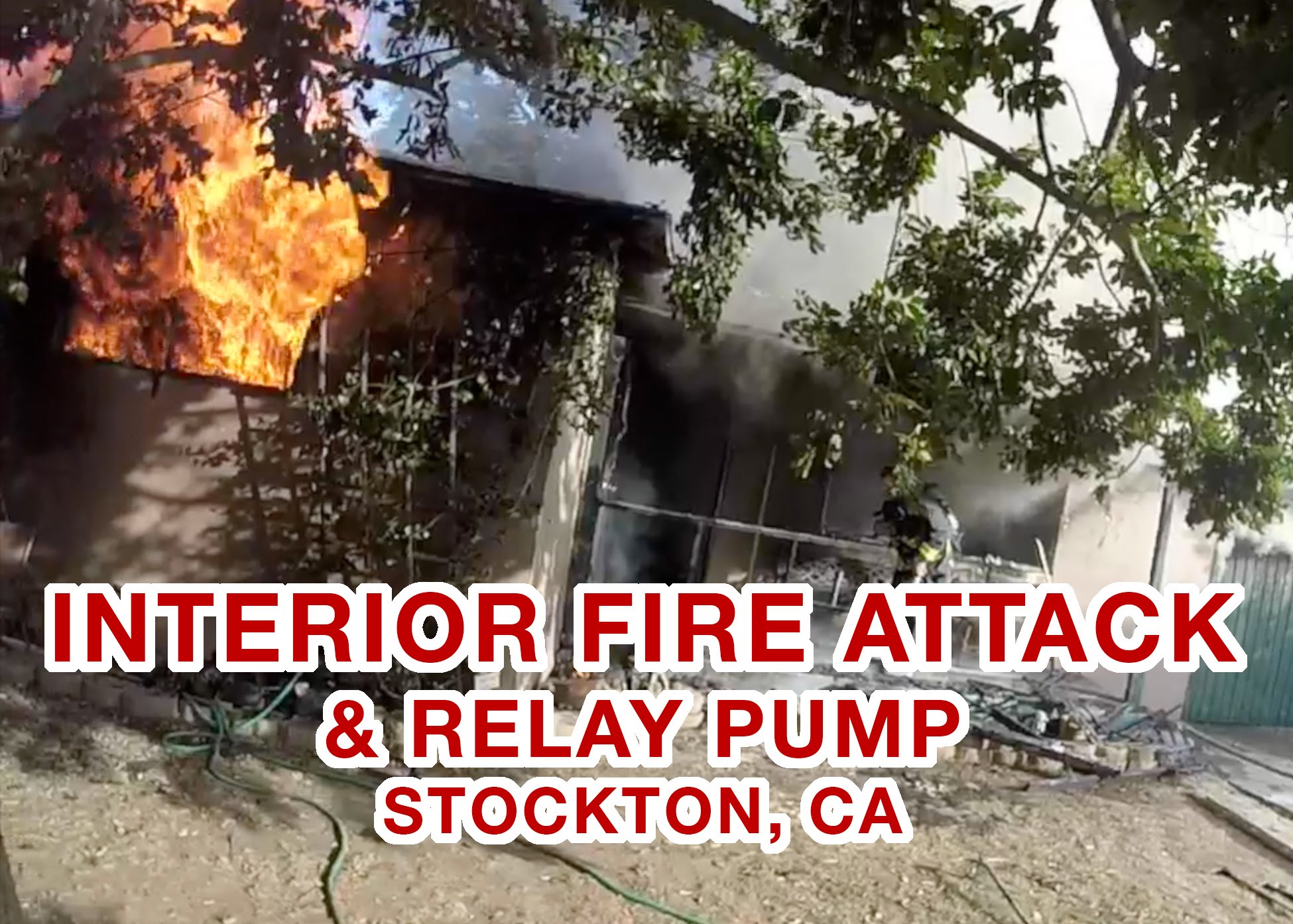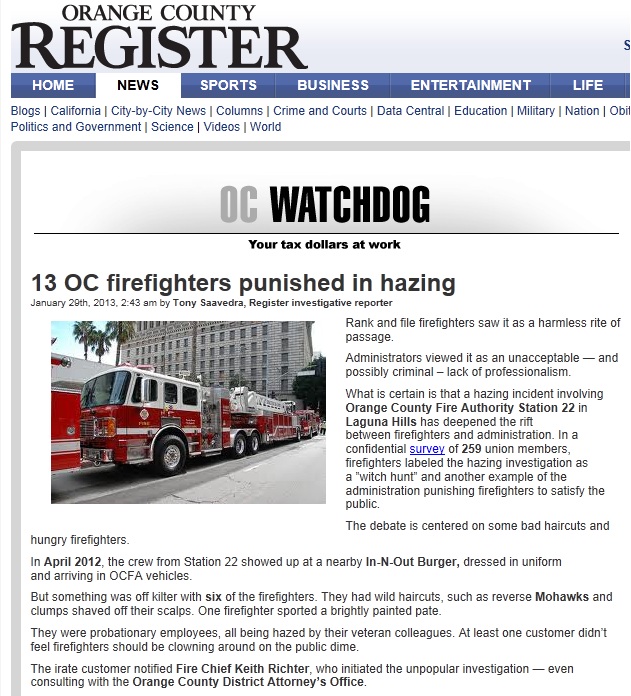Raw video & commentary: Apartment fire in New Berlin, Wisconsin. Reporter questions the response time. Dave questions the reporter.
Video by Johnny V. Clements.
Click here to follow STATter911.com on Facebook (hit “like”)
This is video of a two-alarm fire on Sunday at the Wyndbridge apartments in New Berlin, Wisconsin. It happened around noon.
Below is the story about the fire from WITI-TV’s Jeremy Ross. It seems to be a fine story about the wind whipped fire that left about 20 people without a home. It even mentions the building had a sprinkler system but that the fire got into the attic where there are no sprinklers.
My beef with this story is about what reporter Ross brings up in the tag to his live report and at the end of the article on WITI-TV’s website.
They (firefighters) say they responded to the call for help in about six minutes. Some neighbors disputed that time – estimating it took between 15 to 20 minutes.
I am all for reporters holding fire departments and other government officials accountable for response times and other performance factors. If it did actually take as much as 20 minutes to get to the scene, I would think a reporter wouldn’t want to save that fact until the end of the story, but would have that important information right at the top. In the news business you don’t want to bury the lead.
Jeremy Ross didn’t highlight that information because all indications are he didn’t know for sure how long it took firefighters to get to the scene. He did what many reporters would do in that situation and just put on what both sides had to say. Fair and balanced, right? I don’t think so and here’s why.
It’s the reporter’s job to confirm facts. Ross was unable to do that and just repeated statements from both sides. Specific times and/or documentation from the fire department (which may be difficult on a weekend) would provide some clarity to this issue.
It is the reporter’s job to put things in perspective. Again Ross failed at that task. He should have, at the very least, explained to his audience that the point-of-view of a victim or untrained witness on the subject of response times to an emergency scene is often skewed by emotions. From my experience, both as a reporter and a firefighter, it’s a claim made much of the time by the public but fails to hold up to scrutiny in a large majority of the cases.
Response time is an extremely important element to the image of a fire department and the relationship it has with the citizens it serves. When a reporter questions it, chiefs and PIOs shouldn’t take it lightly. Be armed with specifics, including documentation. Be aggressive in getting the facts out. I know a number of PIOs who arrive on the scene routinely armed with that information, just in case. If the response time was long, be ready to deal with it, explaining why and what you are doing to correct the situation.
As for the reporter, if a citizen had told you, without any corroborating evidence, that a firefighter stole all my belongings while fighting the fire and the fire chief said that didn’t happen, would that be a part of your story? I think you would do a lot more homework on that claim before it ended up on the air. And more homework was needed on the response time information. Don’t take your responsibility as a reporter lightly when the story has the potential to seriously impact the image of an individual or an institution.
People can say anything and make any sort of wild claims. And they often do. Just look at the crap that comes across Facebook every hour. The difference between journalism and social media, is being able to help the reader or the viewer separate fact from fiction.
Do you want to sell a rig? Click HERE to find out how with SellFireTrucks.com.







